How to get URL link on X (Twitter) App

 It is a significant step to see the UN #climate agreement will officially begin to target greater action on the 1/3rd of carbon emissions from industrial #agriculture and make agriculture more resilient to climate change - @ZGoita
It is a significant step to see the UN #climate agreement will officially begin to target greater action on the 1/3rd of carbon emissions from industrial #agriculture and make agriculture more resilient to climate change - @ZGoita 

https://twitter.com/IPESfood/status/1511962226244083721Devastating deforestation, immense land use, pollution, impacts on health, climate & animals from intensive factory farming are clear for all to see.

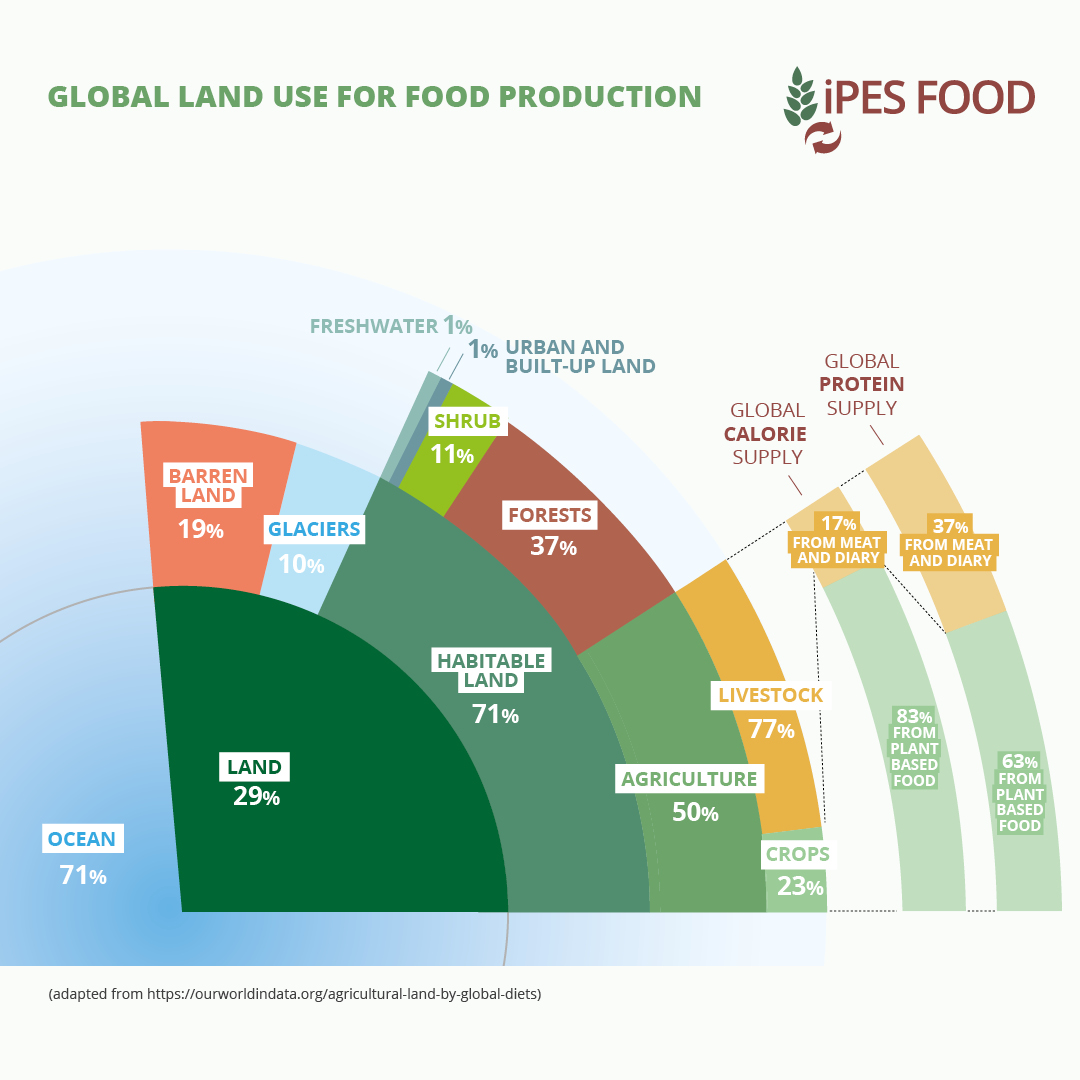

 Few people will dispute that global food systems need transformation, but this #UNFSS is instead an effort by a powerful alliance of multinational corporations, philanthropies, and export-oriented countries to subvert multilateral institutions of food #governance.
Few people will dispute that global food systems need transformation, but this #UNFSS is instead an effort by a powerful alliance of multinational corporations, philanthropies, and export-oriented countries to subvert multilateral institutions of food #governance.
https://twitter.com/IPBES/status/1376856935673307138Island/#ocean grabbing is likely to intensify as countries seek to solidify their influence, their #food supply chains, & their global sourcing and distribution networks. For example, in the #RedSea region, conflicts over fish & other marine resources threaten rich #biodiversity.
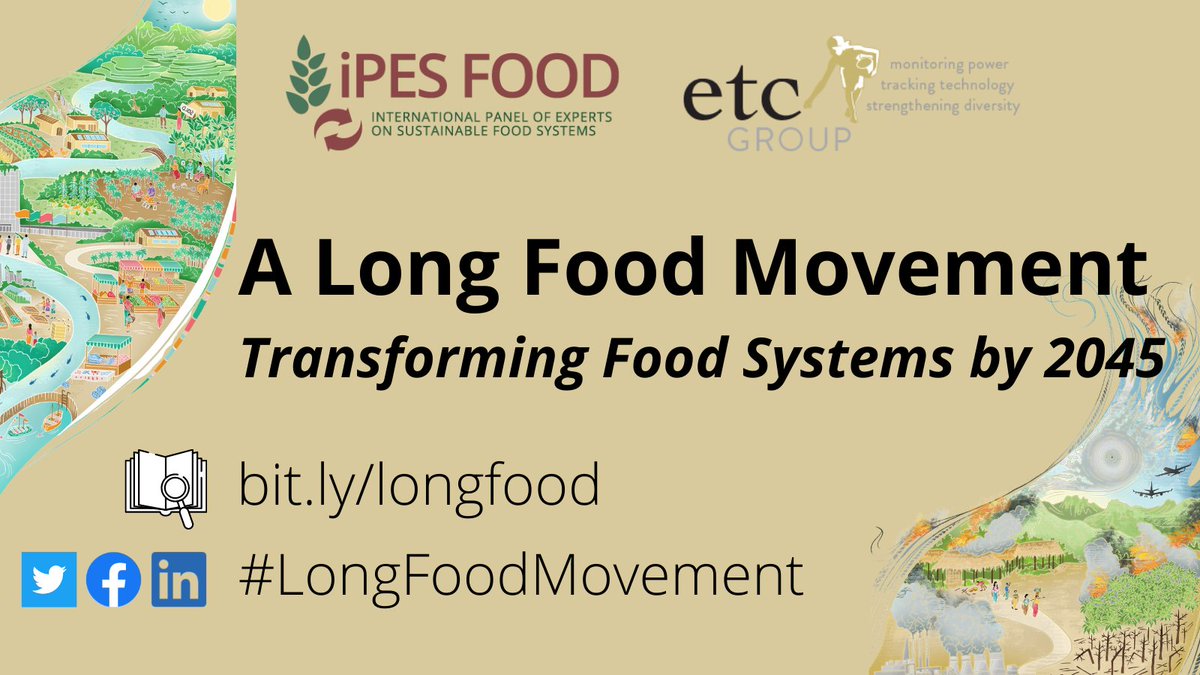
 "Agribusiness-as-usual" means a powerful few control #food tech & farming #data.
"Agribusiness-as-usual" means a powerful few control #food tech & farming #data. 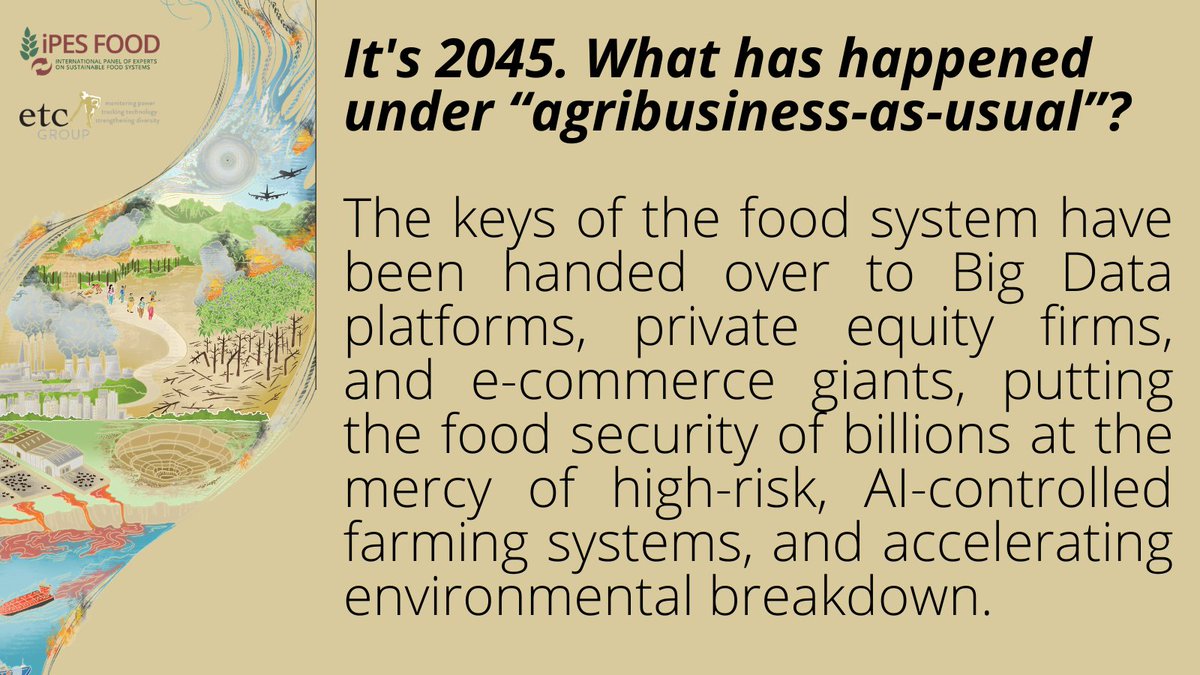

 "#Women produce between 40-80% of food in the region and playing a leading role in local #food distribution and street vending in West Africa." #IWD2021
"#Women produce between 40-80% of food in the region and playing a leading role in local #food distribution and street vending in West Africa." #IWD2021 
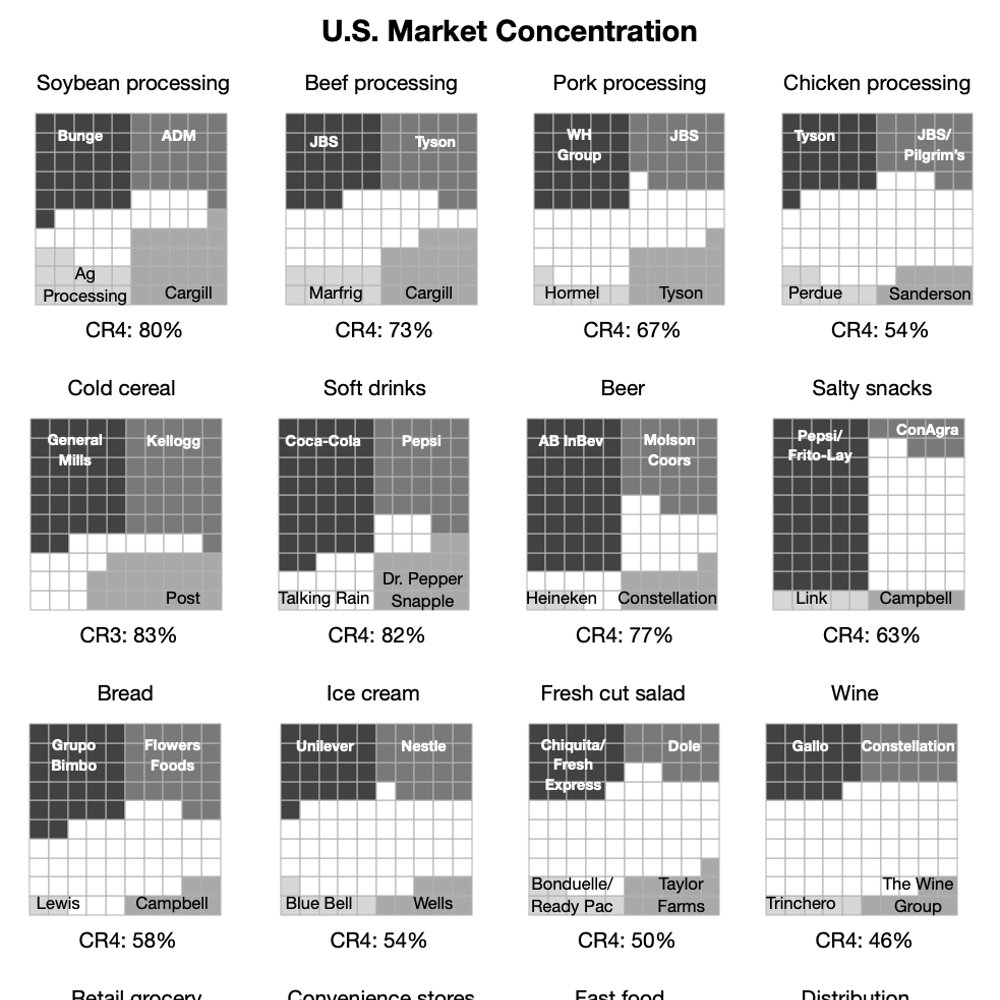
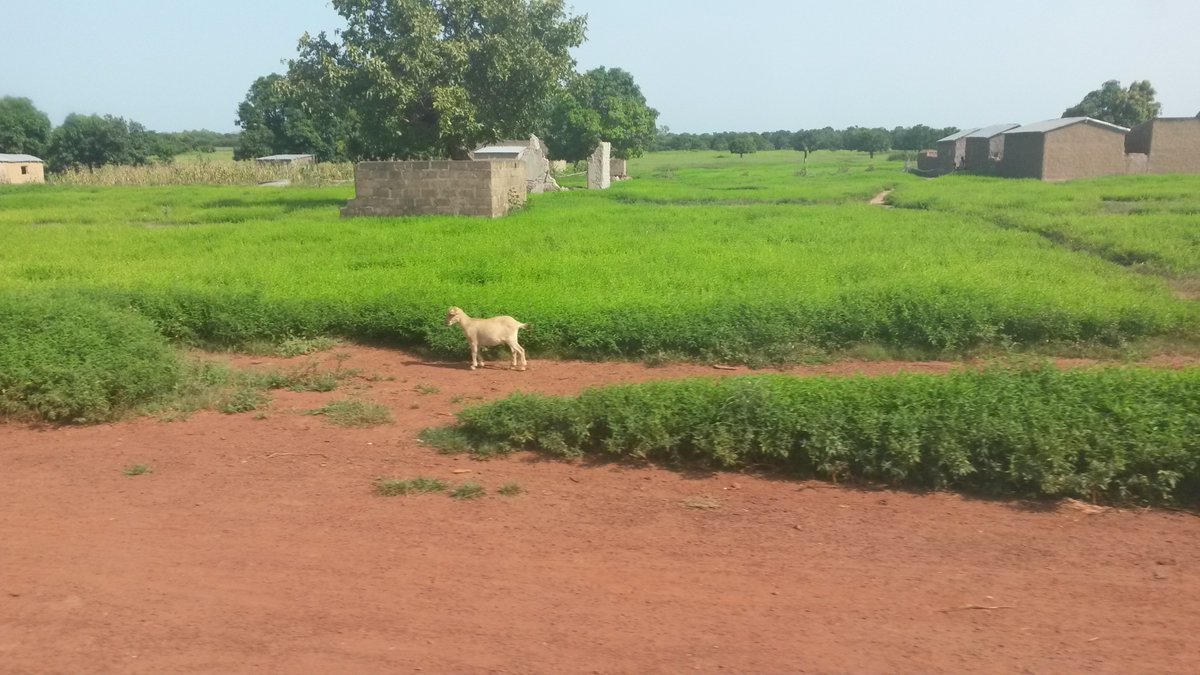
 #Farmer seed systems - through which farmers select, multiply, conserve & exchange a wide range of reproducible varieties - are an essential component of #agroecology, which relies on diversity at all levels (including crop genetic diversity). 🌱🌿🌾
#Farmer seed systems - through which farmers select, multiply, conserve & exchange a wide range of reproducible varieties - are an essential component of #agroecology, which relies on diversity at all levels (including crop genetic diversity). 🌱🌿🌾
 Rapid #population growth, urban sprawl, and land grabbing have created unprecedented pressures on #land and #water resources in West #Africa. Moreover, land laws, often rooted in the colonial era, have generally failed to protect customary tenure and land use.
Rapid #population growth, urban sprawl, and land grabbing have created unprecedented pressures on #land and #water resources in West #Africa. Moreover, land laws, often rooted in the colonial era, have generally failed to protect customary tenure and land use. https://twitter.com/TRF_Stories/status/1309131931678846981"We must think of a different kind of #development: one that does not see economic growth as a precondition for everything else," IPES-Food co-chair @DeSchutterO tells @thinink.

 Agroecological systems require little investment in external inputs and heavy machinery, as a result of drawing on natural synergies, maximizing #biodiversity, and using locally-available resources.
Agroecological systems require little investment in external inputs and heavy machinery, as a result of drawing on natural synergies, maximizing #biodiversity, and using locally-available resources.

 Latest report by IPES-Food points to #WestAfrica’s “path to resilience and the #SDGs” through #agroecology. 🌿
Latest report by IPES-Food points to #WestAfrica’s “path to resilience and the #SDGs” through #agroecology. 🌿

 "New data shows that only a fraction of agricultural research funding in #Africa is being used to transform #food and farming systems. Only 3% of @gatesfoundation projects in Africa support sustainable, regenerative approaches – or #agroecology," says #Tanzania's @Nipashetz
"New data shows that only a fraction of agricultural research funding in #Africa is being used to transform #food and farming systems. Only 3% of @gatesfoundation projects in Africa support sustainable, regenerative approaches – or #agroecology," says #Tanzania's @Nipashetz

 #MoneyFlows shines a light on some of the most contentious flows of all 💵 We look at investments by:
#MoneyFlows shines a light on some of the most contentious flows of all 💵 We look at investments by:




 "#Agroecology is transformative. It is different because it goes beyond resource efficiency and simply substituting the current system with alternative practices. Actually, agroecology includes #ecosystem, #community and global level transformation," says @Million_Belay.
"#Agroecology is transformative. It is different because it goes beyond resource efficiency and simply substituting the current system with alternative practices. Actually, agroecology includes #ecosystem, #community and global level transformation," says @Million_Belay.

